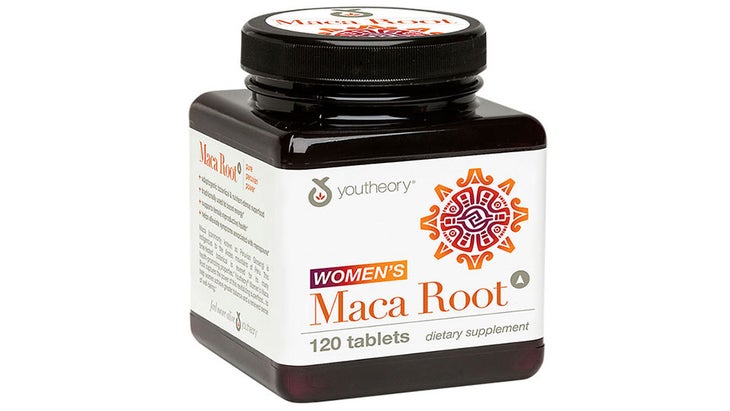A Holistic Approach to Menopause
Antidepressants and synthetic hormones carry risks that just aren’t worth it. Here are some effective natural ways to ease symptoms.
Get full access to Outside Learn, our online education hub featuring in-depth nutrition, fitness and adventure courses, and more than 2,000 instructional videos when you sign up for Outside+..
It’s an amazing statistic—almost half of American women are menopausal. This means a lot of women are seeking safe and effective therapies to alleviate their symptoms. The average age of menopause—defined as not having a period for at least 12 months—is 51. But perimenopausal symptoms (those leading up to menopause) often begin in the 40s or even earlier. An estimated 75 percent of women endure hot flashes for about two years, and another 25 percent have them for five years or more. Common symptoms include depression, fatigue, vaginal dryness, heart palpitations, and mood swings. Even post-menopause, several of these symptoms can continue.

The naturopathic approach is to help women through this transition with natural approaches that promote balancing their own internal hormones. There are plenty of tools to use from a holistic perspective to help the millions of women seeking support.
Big Pharma continues to push risky pharmaceutical treatment for menopausal symptoms. For example, if you tell your doctor that you’re having hot flashes, you’re likely to be handed a prescription for an antidepressant. Serotonin reuptake inhibitors or SRIs—including Prozac, Zoloft, Paxil, and Effexor—manipulate the body’s serotonin levels and, as a result, they can reduce hot flashes. But of course that drop in hot flashes can come at a pretty hefty price. Potential side effects of these heavy-duty drugs include agitation, suicidal thoughts, nausea, diarrhea, insomnia, decreased sexual desire, and delayed orgasm or inability to have an orgasm. They have even been linked to bone loss and increased risk of breast cancer. For some women the side effects are as bad as, or worse than, the hot flashes they were trying to get rid of in the first place.
Contrary to what the drug advertisements tell you, it isn’t necessary to use pharmaceuticals to alleviate menopausal symptoms. Dietary changes, nutritional supplements, regular exercise, and other natural therapies including bioidentical hormones can help keep your hormones balanced safely and effectively.
Plant Foods
With naturopathic approaches, one does not need synthetic chemical treatment. Simply eating more plant foods such as legumes, vegetables, fruits, whole grains, nuts, and seeds can offer some relief, as they contain hormone-balancing plant chemicals known as phytoestrogens. Ground flaxseeds also contain phytoestrogens and have been shown in studies to reduce hot flashes. In one study, women had hot flash relief when they consumed 40 grams of ground flaxseeds daily. Fermented soy foods such as tofu, miso, and tempeh can also help reduce hot flashes.
See Also 3 Myths About Eating a Plant-Based Diet
Herbs
Herbs can also alleviate menopausal symptoms. Black cohosh has been shown in numerous studies to relieve a multitude of menopausal symptoms including hot flashes, anxiety, insomnia, heart palpitations, and depression. Take 40–80 mg of a standardized extract daily.
Maca root has a rich history of use in Peru to help women through the menopausal transition. Several double blind, placebo controlled studies show that it can indeed help hot flashes and a variety of other menopausal symptoms. Take 1,000–2,000 mg daily.
Another unique herbal extract is red clover. According to research, this effective alternative treatment for menopause works to relieve hot flashes, vaginal dryness, and anxiety. Take 40 mg of an extract twice daily.
Vitex, also known as chasteberry, helps common menopausal symptoms such as hot flashes and night sweats, and is also effective for premenopausal symptoms such as irregular and heavy periods. I generally recommend a standardized extract of 80–240 mg daily.
And consider Puerariamirifica. This member of the legume family contains hormone-balancing phytoestrogens. One study found that 50–100 mg daily for six days effectively reduced hot flashes and night sweats.
Homeopathy
Do not underestimate the effectiveness of homeopathic remedies for the reduction of menopausal symptoms. One of the most common remedies is Sepia. Symptoms that suggest this remedy include hot flashes, night sweats, vaginal dryness, irritability, low libido, and exhaustion. Another common remedy to consider is Pulsatilla. Women who may benefit from this homeopathic medicine feel worse in warm weather and desire fresh air. They may have mood swings and weepiness and feel better with company. They usually crave sweets such as chocolate.
Bioidentical Hormones
A recent study published by Menopause: The Journal of the North American Menopause Society revealed that “up to 2.5 million U.S. women aged 40 years or older may use bioidentical hormone therapy, accounting for 28% to 68% of hormone therapy prescriptions.” The general consensus of the study was that the bioidentical hormone therapy market was growing and that conversely, the market for FDA-approved non-compounded hormones (including brand name synthetic hormones like Premarin) had shrunk dramatically in the past decade or so.
One of the most effective natural hormones for relieving menopausal symptoms over-the-counter is natural progesterone cream. A double blind trial found that transdermal natural progesterone cream reduced hot flashes in 83 percent of women. I normally have patients apply ¼ teaspoon (20 mg) to their skin (usually forearms) each morning and evening. If they are still getting their period, I have them stop the cream during menstrual flow. Although not a replacement for progesterone cream, eating foods high in vitamin C has been shown to help raise progesterone levels slightly.
Natural Anti-depressants
If you are suffering from anxiety or depression with menopause, there is natural help available. Besides the natural hormone balancers already mentioned, 5-hydroxytryptophan, known as 5-HTP, may also be beneficial. It boosts the neurotransmitter serotonin to relax the brain and promote a better mood. When taken before bedtime, it can also help alleviate insomnia. A typical dose is 100 mg taken two to three times daily on an empty stomach.
A Spiritual Approach
Can meditation help you through menopause?
Many believe menopause is not only a physical transformation, but a spiritual and emotional one in which you emerge wiser and more intuitive. During this transition, chakra meditation may help you discover any areas of your life that may need attention or healing before you enter your “wise woman” years, according to Lisa Erickson, a meditation teacher, energy worker, and blogger at Mommy Mystic (mommymystic.wordpress.com). With hormonal shifts come energetic shifts as well, or changes to your chakras (energetic centers of the body), says Erickson. Some women report feeling bursts of kundalini (or “spiritual awakening energy”) in the chakras that mirror changes to the physical body. The chakra in which these bursts of energy are felt may correspond to themes from your life left unexamined, or wounds unhealed.
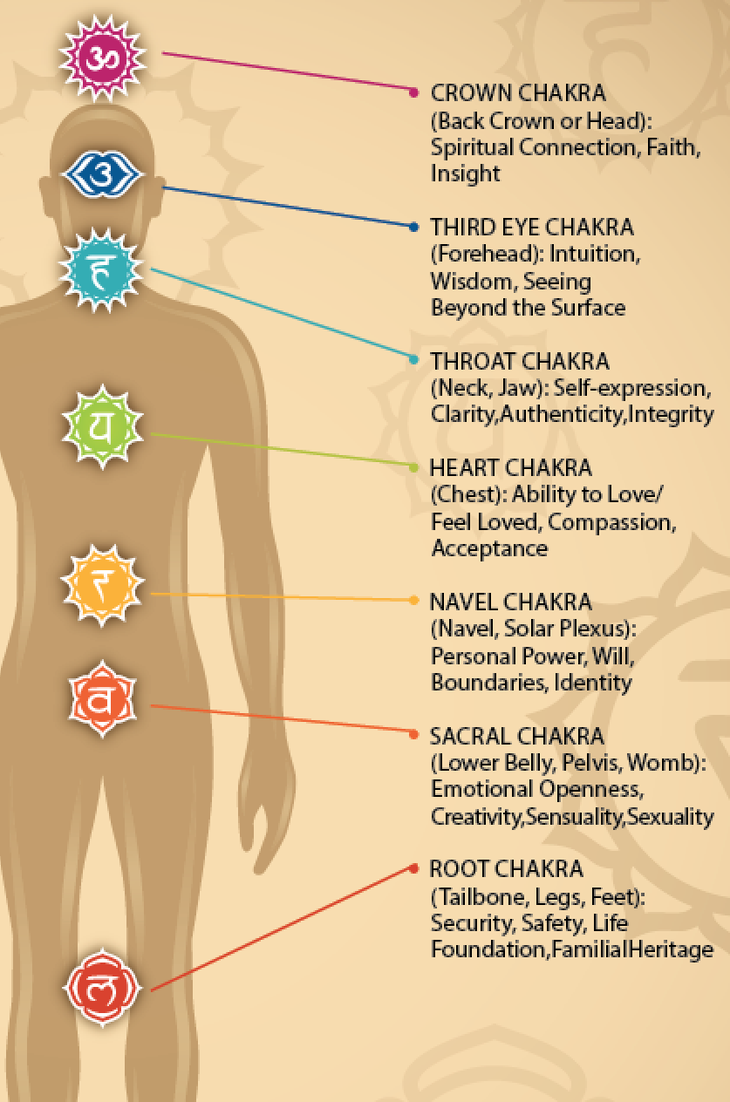
If you meditate on your chakras or work with them in some other way, you may feel active energy in the chakras themselves. On the other hand, you may not be aware of these bursts at all, but instead may see the results of them in the patterns or themes of your life during this time.
One of the most effective natural hormones for relieving menopausal symptoms is natural progesterone cream. A double blind trial found that transdermal natural progesterone cream reduced hot flashes in 83 percent of women.
Test Your Hormones
Hormone imbalances can result in hot flashes, vaginal dryness and thinning, night sweats, insomnia, dizziness, heart palpitations, headaches, memory problems, reduced libido, bladder and urination problems, mood swings, depression, anxiety, fatigue, and even joint pain. Ideally, it is best to undergo a hormone test to find out which hormone imbalances you may have, as they differ with each woman and at different stages of menopause. For women with mild-to-moderate symptoms of menopause, diet, exercise, and nutritional supplements, especially herbal and homeopathic remedies, are usually enough. The use of natural progesterone cream appears to be very safe and effective when a stronger approach is needed. Likewise, precursor hormones, such as pregnenolone and DHEA, may be helpful. For women with extreme symptoms that are unresponsive to nutritional supplements, the use of bio-identical hormone therapy* is very effective. This is particularly true of women who had their ovaries removed at an early age, or others with moderate-to-severe osteoporosis.
The following tests can help assess hormone balance and other issues related to menopause:
- Hormone testing (thyroid, DHEA, cortisol, testosterone, IGF01, estrogen, progesterone, FSH)—saliva, blood, or urine
- Complete blood count and chemistry profile—blood
- Thyroid panel—blood, saliva, or urine
- Cardiovascular profile—blood
- Bone resorption assessment—urine
- Bone density—DEXA scan (X-ray)
* Consult a naturopath about bio-identical therapy. Visit naturopathic.org to find a doctor in your area.
Natural Menopause Solutions
Boiron Sepia 30C
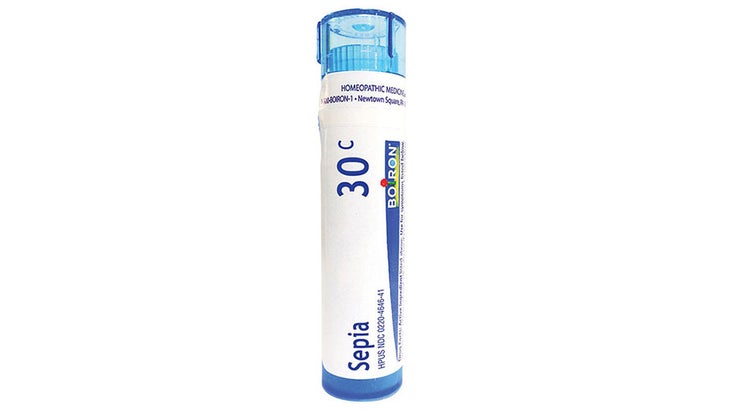
Life Seasons Pausitivi-T Menopause Support
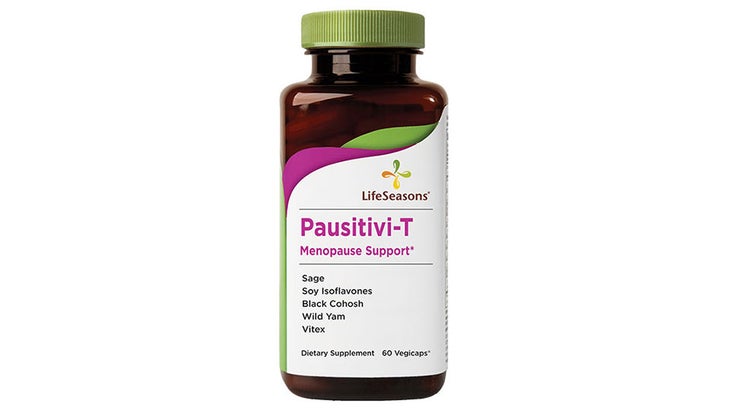
Natrol 5-HTP TR Time Release 200 mg
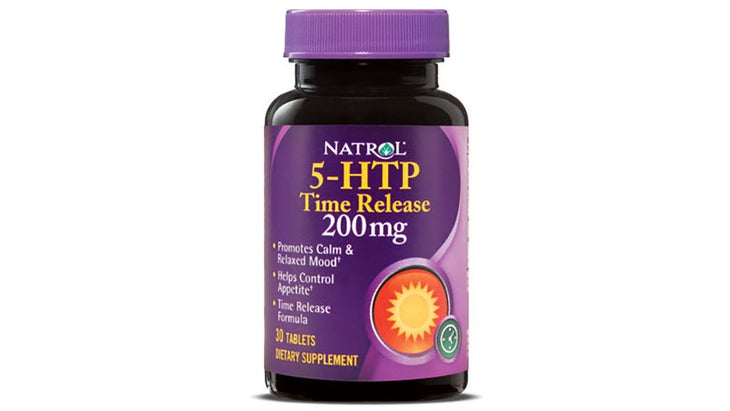
Natural Factors MenoSense
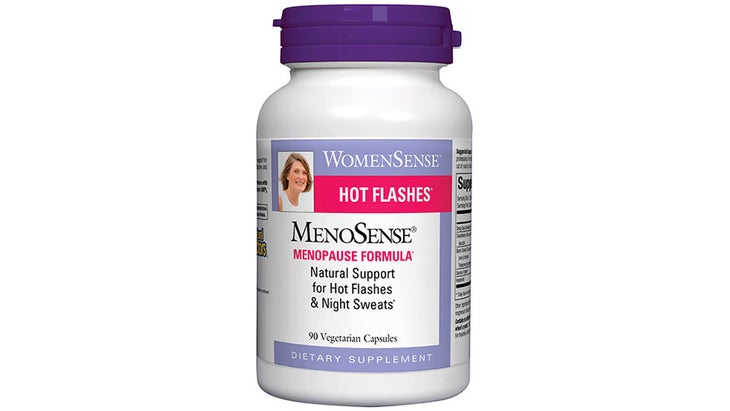
youtheory Women’s Maca Root
